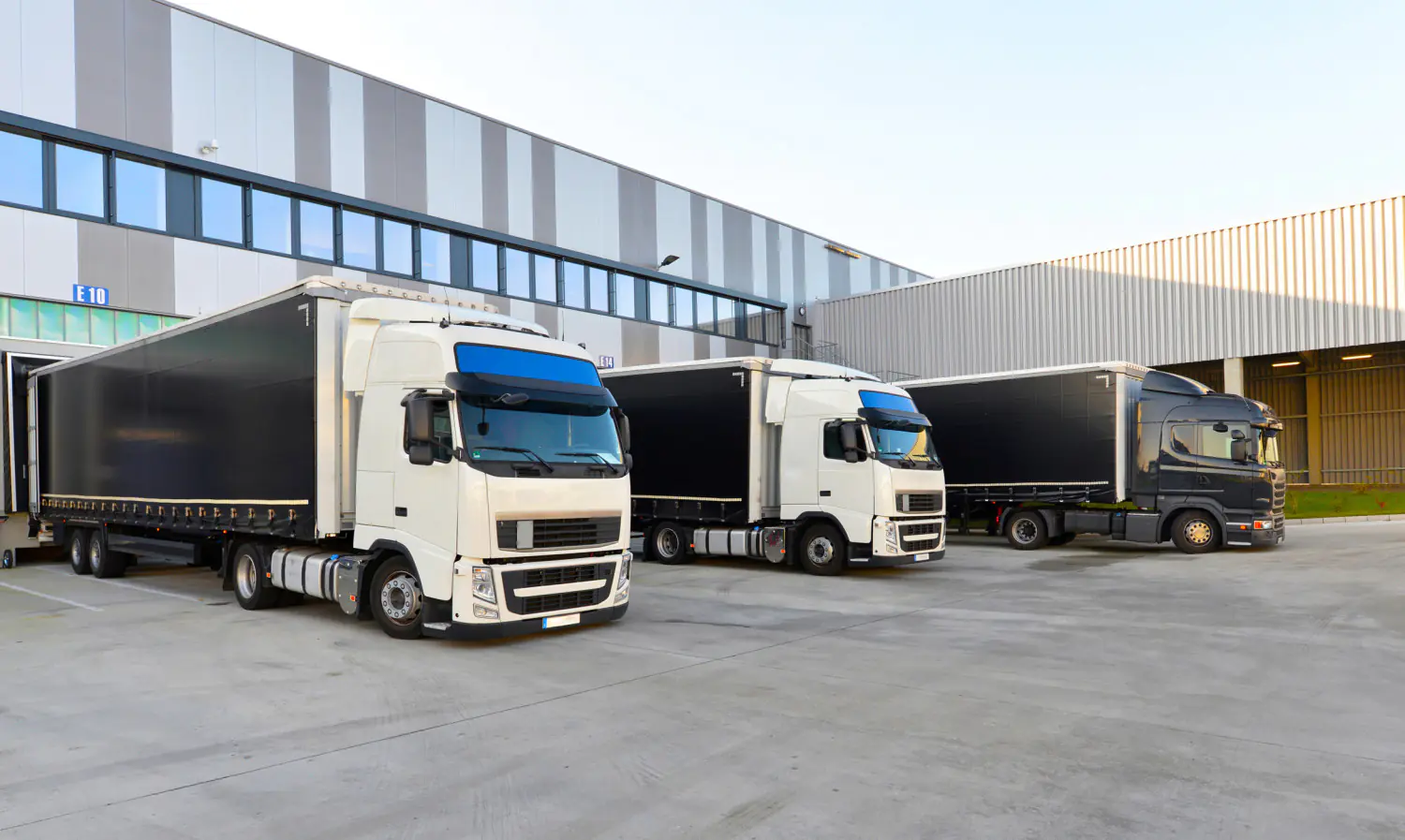
Insourcing / Outsourcing Strategy
Deciding which functions to keep in-house versus those to outsource is among the most consequential strategic choices a business can make. These decisions shape not only your operating model and cost structure but also your control over performance, responsiveness to market shifts, and long-term flexibility. A clear, data-backed approach prevents costly missteps. Done right, sourcing strategy becomes a powerful lever for value creation, capability focus, and operational resilience.
Relevance of Capability
Insourcing and outsourcing evaluations are especially relevant when organizational capabilities need to be realigned with strategic goals. As logistics networks and customer expectations evolve, it’s essential to assess which competencies must remain under internal control and which can be delegated to external partners without compromising performance or flexibility. But also during times of transformation – like cost pressure, market entry or exit, M&A activity, or when re-evaluating core vs. non-core operations. Strategic sourcing decisions can unlock cost savings, scalability, and operational focus while managing risk exposure.
Outsourcing offers the great advantage that a company can focus on its own core competencies, while the logistics service provider uses its expertise to implement logistics more efficiently.
Beyond cost efficiency, today’s sourcing decisions are driven by the ability to deliver process stability, system integration, and adaptability. A structured capability view allows companies to focus internal resources on value-adding, differentiating processes, while leveraging partners for scalable execution. With growing importance of ESG compliance, digitization, and industry-specific expertise, sourcing must reflect not only what a partner can do, but how it aligns with your future business model.
When Is This Relevant?
Companies typically face these decisions in periods of transformation or uncertainty. In all these scenarios, success hinges on a rigorous, objective, and future-oriented evaluation process.
Common triggers include:
- Expansion or consolidation of logistics or production footprints
- Shifting from fixed to variable cost structures
- Digital transformation or IT system harmonization
- The need to comply with new regulatory, tax or ESG frameworks
- Transition of existing facilities (e.g. relocation, contract expiration, ramp-up)
- Cost pressures
- Operational risk
- Entering or exiting manufacturing or logistics functions
- shift focus toward core competencies
- Opportunity to gain efficiencies through strategic partnerships
- Post-merger integration or carve-outs requiring operational realignment
These are situations where decisions must be taken under time pressure, often with limited internal bandwidth. A structured approach ensures transparency across service scope, costs, risks, and stakeholder readiness. In such cases, Miebach supports with robust make-or-buy frameworks, supplier market screening and alignment with business continuity and ramp-up timelines.
Challenges Faced
Companies often struggle with the trade-offs between cost, control, and flexibility. Many outsourcing initiatives fail not due to strategy, but due to executional complexity. Typical pitfalls include:
- Fragmented control mechanisms and lack of clear ownership
- Inconsistent service levels or declining performance over time
- Misaligned interfaces between IT systems, processes, and responsibilities
- Unanticipated transition costs or ramp-up delays
- Limited supplier capacity or missing cultural fit
Recent studies also show increasing dissatisfaction with qualitative outsourcing outcomes, particularly when training, change management, or governance models are lacking.
Miebach mitigates these risks by combining rigorous vendor selection and contractual design with hands-on transition support and post-go-live stabilization. Our structured eight-phase approach, from make-or-buy analysis to transition, ensures a resilient, scalable, and value-driven outsourcing setup.
The Miebach Difference
Miebach Consulting supports clients with scenario-based analyses that bring clarity to insourcing and outsourcing decisions. We approach these projects without bias toward either direction, focusing instead on what will serve the long-term strategic and operational interests of the organization. Our evaluations are grounded in total cost of ownership (TCO) modeling, service-level benchmarking, and a deep understanding of risk, compliance, and scalability dynamics. Rather than presenting a binary choice, we help clients assess a spectrum of options – from partial outsourcing models to joint ventures or hybrid operational structures – providing the data and insights needed for confident decision-making.
Our methodology begins by framing the strategic intent behind the decision. Is the goal to reduce fixed costs? Improve responsiveness? Mitigate risk? Expand capacity? From there, we conduct a comprehensive diagnostic, gathering both quantitative and qualitative inputs across functional areas. We model TCO under different scenarios, including direct and indirect costs, capital investment requirements, and cost variances across geographies or service providers. Alongside the financial picture, we assess the potential impacts on service quality, customer satisfaction, internal capability development, and operational control.
While the business case is critical, the operational readiness to execute the decision is equally important. Miebach’s support doesn’t stop at analysis – we also help develop implementation plans that address transitions in systems, labor, contracts, and performance monitoring. This ensures that insourcing or outsourcing initiatives not only make sense on paper but are viable and sustainable in practice.
There are important considerations every organization must weigh before executing a sourcing shift:
- Total Cost of Ownership (TCO):
Includes not just direct operational costs, but overhead, compliance, and opportunity costs. - Control and Flexibility:
How critical is the function to core operations or brand differentiation? - Scalability:
Can the model support growth or contraction without major reinvestment? - Strategic Focus:
Does retaining this function align with where your business delivers value? - Compliance and Risk Exposure:
Are there regulatory or reputational risks that favor one model over another?
Many organizations are understandably cautious about outsourcing due to concerns about loss of control, service degradation, or hidden long-term costs. Miebach addresses these risks head-on by designing robust service level agreements (SLAs), establishing governance frameworks, and embedding KPI tracking mechanisms from day one. These tools ensure transparency, accountability, and adaptability, helping clients avoid common pitfalls and maintain performance throughout the life of the outsourced relationship.
Our deep experience across logistics, manufacturing, and support functions – combined with industry-specific insight – enables us to support clients in a wide range of sectors. Whether your company is navigating a shift in operating model, undergoing structural transformation, or simply seeking to optimize its cost base and capabilities, Miebach provides the strategic clarity and executional support to make sourcing decisions with confidence.
What can we help you with?




